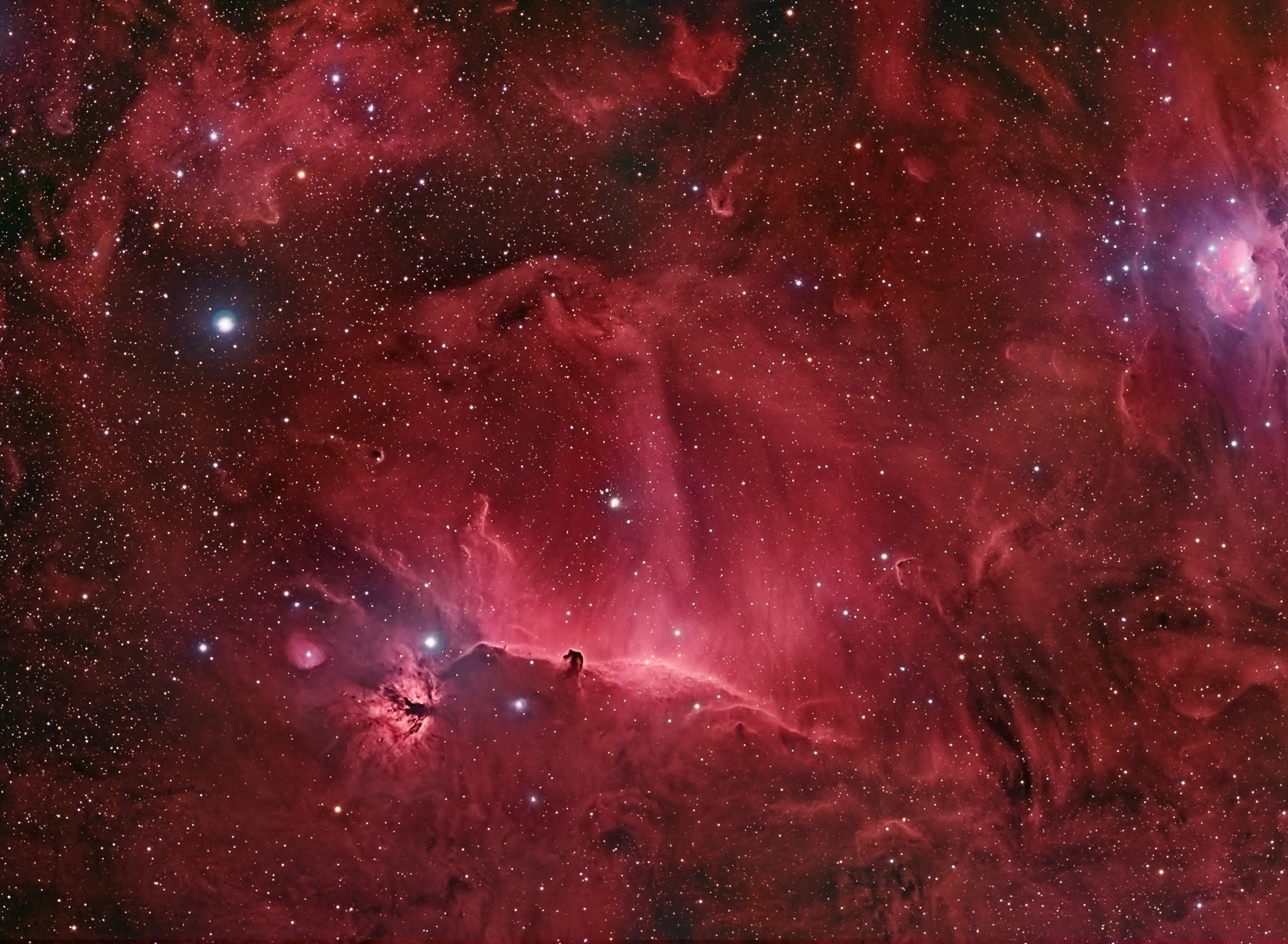August means warm nights and the return of one of the year's best meteor showers, the
Perseids. This shower peaks on the night of August 12-13 but takes place over a number of days before and after, so start looking up each night and you'll begin to spot more and more. The best nights are August 11, 12 and 13, even more favorable in 2015 due to the lack of moonlight this year.
 |
| A Perseid Meteor |
To see a meteor shower you don't need to look in any particular direction but up. Meteors enter the Earth's atmosphere and heat up and become visible to us in every direction of the sky, so your chances of seeing more meteors are enhanced by having a big clear horizon and by lying on your back and letting your eyes rest. Some will streak right into your field of view and be brilliant, but many will be off to one side or another, a shimmer in your peripheral vision. You can't rush the process of viewing a meteor shower, so the more time and patience you invest, the more you will see. My experience is that more heads are better than one, so viewing with a friend or two means you will collectively see a lot more and hey, who doesn't like some company on a dark summer's night?
The other factors that are central to an enhanced experience are to get to a dark-sky location if possible, and regardless of whether you find the perfect dark sky location or simply settling into your backyard or rooftop for a view, you want to minimize the lights in your immediate surroundings. So turn off house lights that illuminate your viewing space, and get into the 'shadow of streetlights' if you are in a city, so your eyes have the best chance of adapting to the dark. If you want to see faint objects whizzing across the sky, you should let your eyes have the 10-15 minutes they need to really adjust themselves to your ambient conditions.
Here are two excellent articles about the 2015 Perseid Meteor Shower.
My favorite:
Sky & Telescope. And the always-good resource
EarthSky.
Image courtesy of EarthSky.






